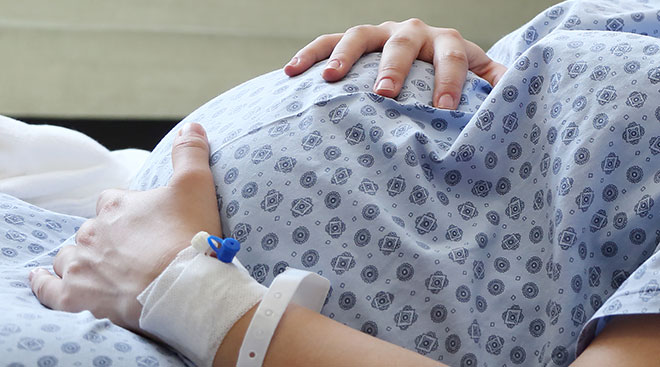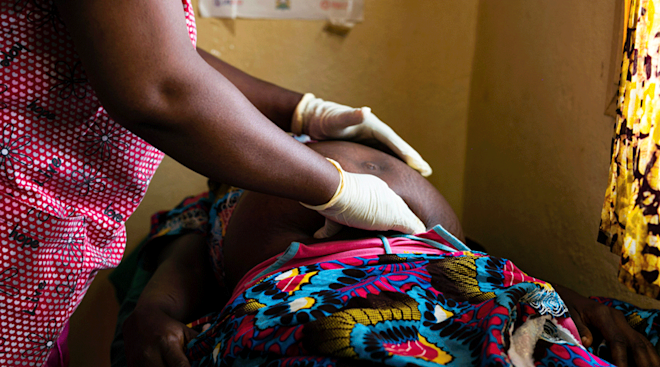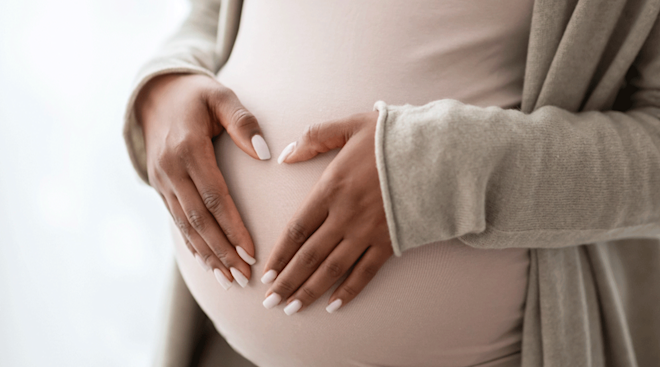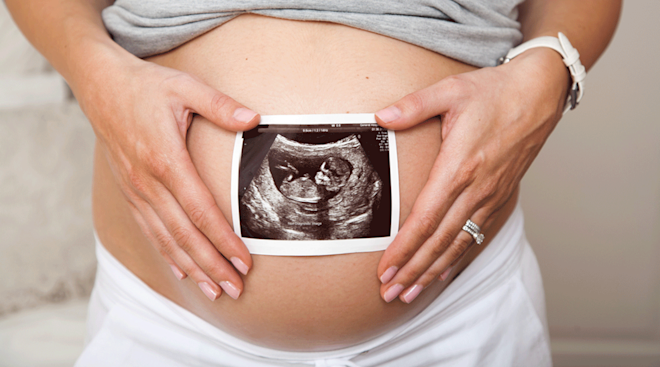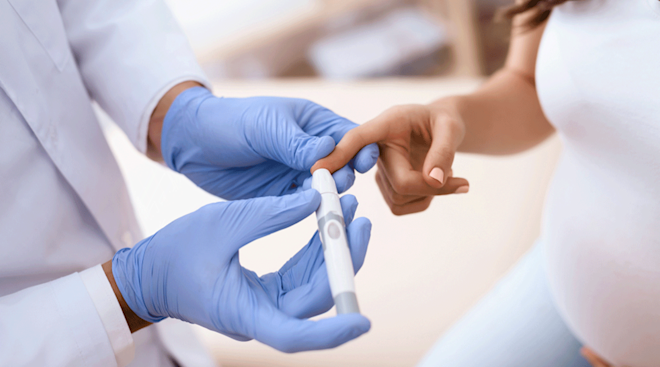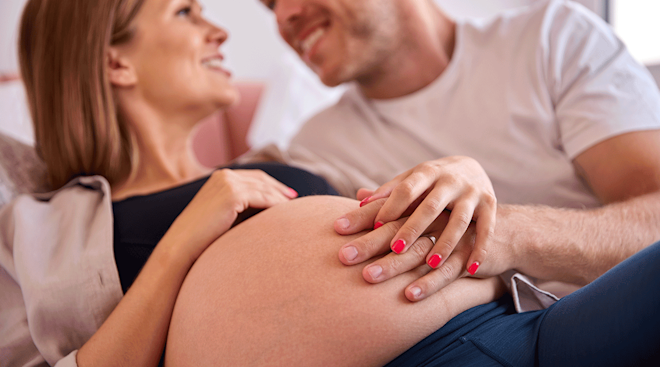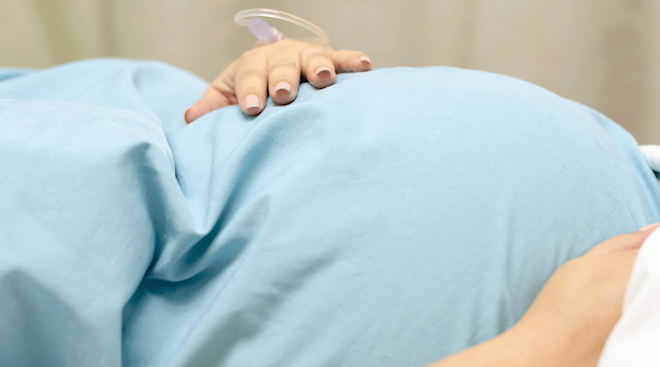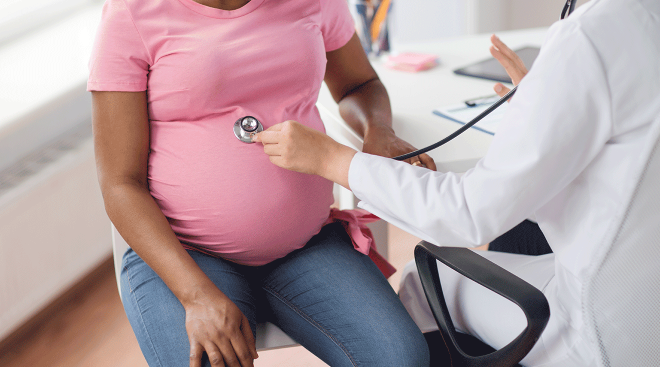Study: Epidural Use Could Decrease Severe Maternal Morbidity Risk
Severe maternal morbidity refers to life-threatening complications that arise during childbirth. While it’s a topic no one wants to think about while expecting, it sadly still affects a number of pregnancies in the United States. As of 2021, postpartum hemorraging remained the leading cause of prevental maternal death in America. Now, one study is finding that using epidurals or combined spinal and epidural anthesia (medically refered to as labor neuraxial analgesia) is associated with decreased risks of maternal morbidity and mortality.
The study was conducted by Columbia University Mailman School of Public Health and Vagelos College of Physicians and Surgeons (P&S) and published in JAMA Network Open. It looked at the vaginal births of 575,524 women in New York state hospitals from January 2010 to Decemeber 2017. The women had an average age of 28, and 8 percent were Asian or Pacific Islander; 15 percent were Black; 18 percent were Hispanic; 45 percent were white; and 13 percent were of some other race and ethnicity.
For the study, researchers defined severe maternal morbidity as including 16 complications, including heart failure and hysterectomy. In analyzing the data, they found that severe maternal morbidity occurred in 1.3 percent of the deliveries. However, of those deliveries, 36 percent were impacted by postpartum hemorraging. They found that the use of an epidural in vaginal deliveries was associated with a 14 percent decrease in the risk for severe maternal morbidity—and this was true regardless of the woman’s race.
Severe maternal morbidity affects BIPOC women three times more than white women. According to the study, instances of it have more than doubled between 1999 and 2017. With the study’s findings, researchers believe increasing access to epidurals during labor may help improve maternal health outcomes.
“Labor neuraxial analgesia may facilitate early evaluation and management of the third stage of labor to avoid escalation of post-partum hemorrhaging into grave complications and death,” Jean Guglielminotti, MD, PhD, in the Department of Anesthesiology at Columbia P&S and first author, said in a release.
Epidurals are used in almost 75 percent of American births, and experts say it’s the most effective pain management technique for labor. In America, approximately 80 percent of white women use pain medication during labor; 70 percent of Black women; and 65 percent of Hispanic women. Plus, while 75 percent of women with insurance get epidurals, only half of uninsured women do.
Researchers believe expanding Medicaid, in-house obstetric anesthesia teams and increasing prenatal maternal education could all help in expanding epidural access. “These programs may improve patient participation in clinical decision making and access to care,” Guohua Li, MD, DrPH, professor of Epidemiology and Anesthesiology at Columbia Mailman School and P&S, and senior author, also said. “Increasing the use of labor neuraxial analgesia among minority women would help narrow the racial and ethnic gap in the utilization of obstetric anesthesia care, likely leading to improvement in maternal health equalities.”
Navigate forward to interact with the calendar and select a date. Press the question mark key to get the keyboard shortcuts for changing dates.

































